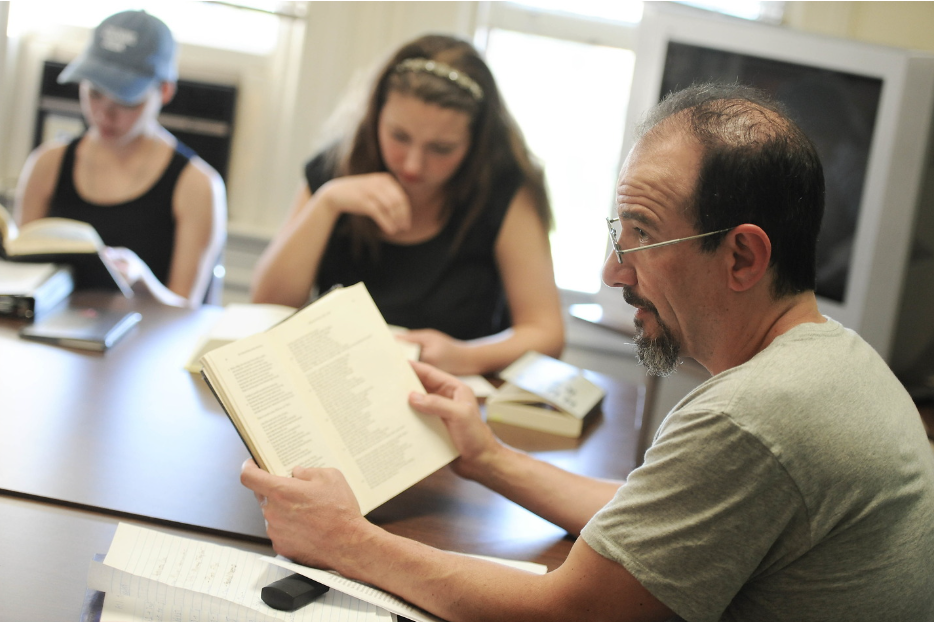Catholic University offers a number of academic programs, courses, and immersion experiences related to sustainability. As sustainability is interdisciplinary in nature, students can find sustainability-related courses across two dozen majors, minors, and concentrations in the School of Architecture and Planning, the School of Arts and Sciences, the Busch School of Business, the School of Engineering, the Columbus School of Law, the Conway School of Nursing, the Metropolitan School of Professional Studies, and the School of Theology and Religious Studies.
Explore the opportunities below to see how you can integrate sustainability into your academic career.
Featured Undergraduate Programs
Classroom Collaborations
The Office of Campus Sustainability encourages faculty members across the university to consider ways to incorporate conversations about sustainability into their courses, whether or not the courses are focused on sustainability or the environment. Classroom collaborations and sustainability tours encourage students to consider sustainability as it relates to their fields of study. Noteworthy collaborations are highlighted below. To request a collaboration, reach out to sustainability@cua.edu.
-
Marketing Management
Students in the Busch School of Business course Marketing Management, taught by Dr. Cabrini Pak, collaborated with the Office of Campus Sustainability in the fall 2024 semester to tackle the challenge of reducing energy and water use in student residence halls. Students conducted original research to calculate energy and water use baselines and develop targeted marketing strategies and collateral to deploy online and in print across campus.
-
LEED Lab
LEED Lab is a course in the School of Architecture designed to explore sustainability principles through the Leadership in Energy and Environmental Design (LEED) certification process. LEED is an internationally recognized green building rating system and LEED Lab provides students with first-hand experience preparing LEED certification applications for campus buildings, preparing students for the workforce upon graduation.
-
Fashion Marketing
Students in the Busch School of Business course Fashion Marketing, taught by Dr. Beatriz Bonetti, collaborated with the Office of Campus Sustainability in the spring 2024 semester. Students conducted research, ran a clothing drive and pop-up shop, and developed and deployed marketing collateral to raise awareness of the environmental and sustainability issues in the fashion industry and to promote Cardinal Closet, the on-campus free thrift store.
Course-Specific Sustainability Tours
The Office of Campus Sustainability offers sustainability tours to individual courses every semester. Tours can be tailored to specific course content, such as renewable energy, LEED buildings, or stormwater management, and can be scheduled for a regularly scheduled class time. To request a tour, email sustainability@cua.edu.

